With the perspective and generalization of national history in the depth of the mind and feelings of an experienced person, who was attached to the hardships, sacrifices, losses and glorious victories, To Huu once wrote and praised the little Luom who worked as a liaison, the old ladies, the Viet Bac mother, the Bac Giang girl who went to destroy the mandarin road, the soldier on Nhe pass, the soldier going to the Northwest... All of them contributed their efforts to the resistance war against the French colonialists. However, it was not until the Dien Bien Phu campaign ended, with victory belonging to our people, that the poet's emotions were enough to write Hooray for the Dien Bien soldiers (May 1954).

Hail the Dien Bien soldiers is a strong poem, full of vitality with heroic, refreshing, proactive, and expansive tones on many levels. The poem is nearly 100 verses long, and is relatively large in scale. In general, the poem consists of 3 large parts: Part I (first 4 paragraphs) records the general joy and feelings when receiving the news of victory; Part II (middle 4 paragraphs) directly describes the campaign; Part III (last 2 paragraphs) talks about the impact of victory. In the poem, there are passages written in relatively stable 4-syllable, 5-syllable, and 7-syllable verses, with familiar smooth six-eight verses. But in general, this is a free verse poem, the shortest line is 3 syllables, and the longest line is up to 13 syllables, the number of lines in each paragraph, each part changes depending on the author's thoughts and feelings.
What surprised readers was that poet To Huu wrote with the command of his heart, with sensitivity to the hot events of the time. Therefore, the way the poem Hooray for the Dien Bien soldiers begins is also very unique:
Midnight News
Express, express
Horse flies uphill
Torch running to light the forest.
These four lines of poetry are both figurative and onomatopoeic. The author does not use the sound of horse hooves on the road but uses the language "Fast, fast" to help us understand more, the horse is receiving the power of the nation's historical joy, to "fly up the slope". But the power of that flying horse, when "the torch runs to light up the forest", the happy people who receive the first news of victory, are the ethnic people in Dien Bien who have been attached to the soldiers like fish to water. And the news of Dien Bien victory has become an invisible bird flying to all directions:
Tonight friends near and far
The news is sure to bring joy to all.
The poem "Hoan ho chien si Dien Bien" is expressed in a narrative style, leaving an impression on the reader not through the poetic music or the melodious words, but through the great weight of the soldier's direct battle in the trenches.
The fierce and arduous battle had to be exchanged for "Blood mixed with mud" but thanks to the soldiers' absolute loyalty to the Fatherland, they "had unwavering courage/ Unfailing will". The Dien Bien Phu campaign saw the emergence of many heroic examples that brought glory to the country such as Be Van Dan, Phan Dinh Giot, To Vinh Dien... Praising the heroic Dien Bien soldiers demonstrated in their extremely brave actions. The poet took material from typical examples such as: Be Van Dan, To Vinh Dien, Phan Dinh Giot... but did not stop at any particular name. Poet To Huu recorded their names in the poetic statue:
Comrades buried as gun mounts
Embellished Head
Crossing the barbed wire mountain
Stormy
Comrades who saved the artillery
Broken body but still holding on with eyes closed
The hands split the mountain and rolled bombs
Definitely open the way for our car to go up.
battlefield reinforcements
The heroes sacrificed their youth for the Fatherland and the People because they were forged with a thousand-year-old tradition of patriotism. The Dien Bien soldiers were thousands of soldiers and national guards at the Dien Bien Phu stronghold facing the enemy, determined to die for the Fatherland. The Dien Bien soldiers were the laborers who “worked all night to transport”... They had a strong belief from “The hands that split mountains, rolled bombs”, “Opening the way for our vehicles to the battlefield to provide reinforcements”, from “Doc Pha Din, women carry and men carry/ Deo Lung Lo, men sing and women sing”. The whole country marched at lightning speed to Dien Bien to continuously support the soldiers at the front who were suffering from “digging mountains, sleeping in tunnels, pouring rain, and rice balls”. A persistent march for 9 years, with the military strategy of “All people's resistance, all-out resistance”.
Describing the battle at Dien Bien Phu, which was also the historic “final battle”, To Huu did not avoid the losses and sacrifices. That was the price in blood that we had to pay to gain victory. With many images: “Blood mixed with mud; Broken body, eyes closed; Bones and flesh crushed...” - all forces suffered losses. It is true that we had to extinguish the fire of the war of aggression with the blood of our lives, there was no other way. And then:
Listen this afternoon, May 7th
Above the head, the waterfall of hatred!
Look: All four sides, the ramparts collapsed.
The general flew a lot of surrender flags.
Look: Our red flag with yellow star
The sky and earth of Dien Bien are shining with complete victory!
Cheers to Dien Bien soldiers!
With a sensitive and subtle intuitive perspective, poet To Huu is like a photographer capturing this special historical moment. The photo contrasts two distinct colors: the defeated, all raising white flags to surrender; the victors raising high the red flag with a yellow star. The poet cleverly chose the word "absurd" to help readers better understand the enemy's painful and extremely bitter defeat. The rhythm of the poem is fast, strong, and heroic, accurately describing the victorious spirit of Nine years of Dien Bien / Becoming a red wreath, becoming a golden history. The whole poem has three verses of "Hoan ho chien si Dien Bien" forming a refrain, but only this verse is placed in its most appropriate position, with the highest expressive value. However, reading To Huu's poetry, we do not feel any sadness or horror. The author describes the sacrifice to highlight the brave and resilient fighting spirit, the spirit of daring to sacrifice oneself and the great sacrifices to bring victory. That is also a way to remember the merits - Forever grateful to the heroic martyrs who fell at Dien Bien Phu so that: Muong Thanh, Hong Cum, Him Lam/ Apricot flowers are white again, orange gardens are yellow again.
Hail the Dien Bien soldiers is written in simple verse, creating a closeness with the reader. We think that To Huu has "transformed" with the soldiers, planting the poetic flag on the roof of De Castries bunker. The poem has great ideological significance, breaking out of its own voice, becoming the voice of the People, of the nation, proving to the whole world that: Vietnam - a small country has defeated a great empire.
The structure of the poem is seamlessly connected by different people and scenes, but it is a triumphant trumpet, bringing endless joy to everyone. In that trumpet sound resounding across the mountains and rivers, the image of Uncle Ho, the Father of the nation, and the image of General Vo Nguyen Giap, the talented commander with the military strategy of "fighting firmly, winning firmly" made the enemy unable to react "Lightning struck day and night on the heads of the French invaders", making the whole country burst into happiness:
There is no night like tonight
Historic night, Dien Bien shines brightly
On the land, like a medal on the chest
Our people, heroic people!
The characteristic of an artistic image is specificity and generalization. The poetic image in the poem Hooray for the Dien Bien soldiers tends to be more generalized. It is a generalization of the hardships and sacrifices, a generalization of the patriotism and heroic qualities of the Dien Bien soldiers, of the whole nation. The poem is also a generalization of the stature of the times and the spread of the Dien Bien victory: Dien Bien is vast and immense / But the hearts of the four seas beat with our hearts...
Hooray for the Dien Bien soldiers is a deep feeling about the country and the Vietnamese people in the war to defend the country. That is the feeling of an experienced person, of an insider. Therefore, many stanzas, poetic images, and poetic tones of To Huu create sympathy with the reader's soul. The poetic voice, the soul voice of the artist meets the "tune of all people" and rises into a common song, into a common resonance. To Huu's political lyrical poetry combined with the lyrical singing of citizens has contributed to explaining why To Huu's poetry has the ability to convey political and social content into the sweet and warm voice of civic responsibility. In Hooray for the Dien Bien soldiers, there are all classes of people participating in the great historical event of the country. Therefore, the collective heroic epic in the overlapping ranks of the People is the endless inspiration for To Huu's poetic inspiration, a prominent feature of the epic tendency in the poem Hooray for the Dien Bien soldiers.
LE XUAN SOAN
Source








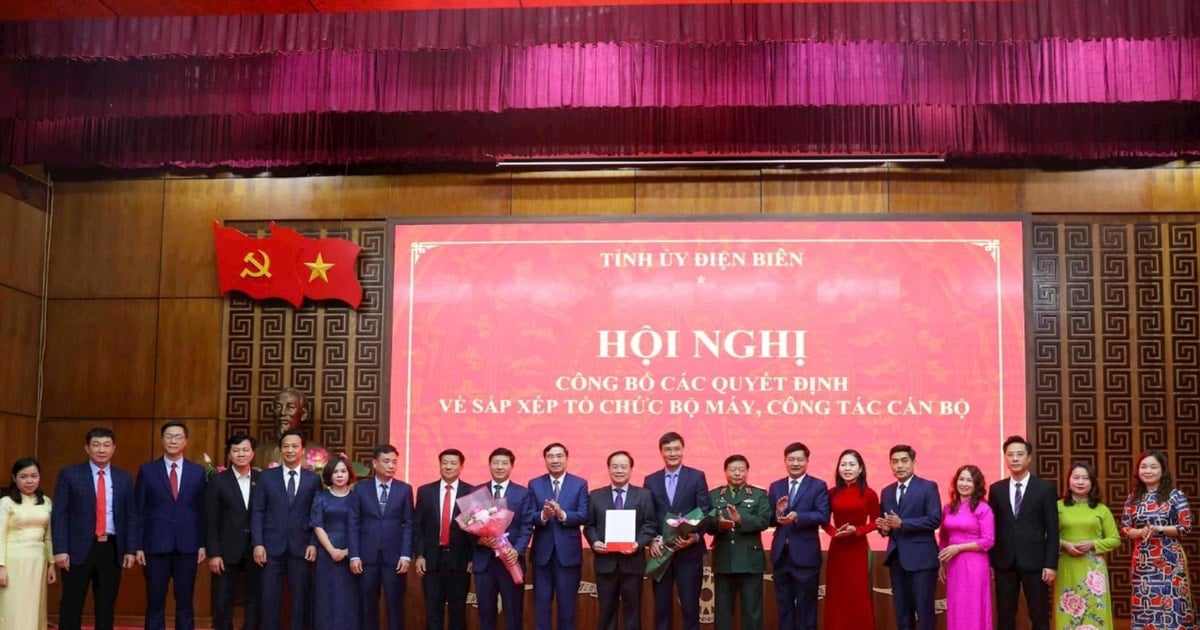

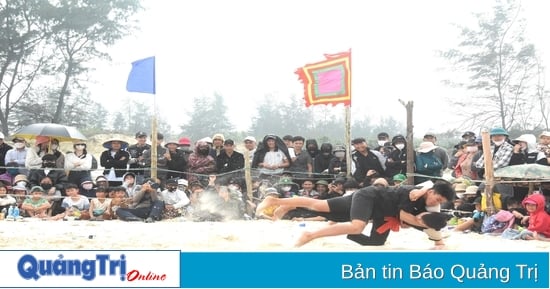
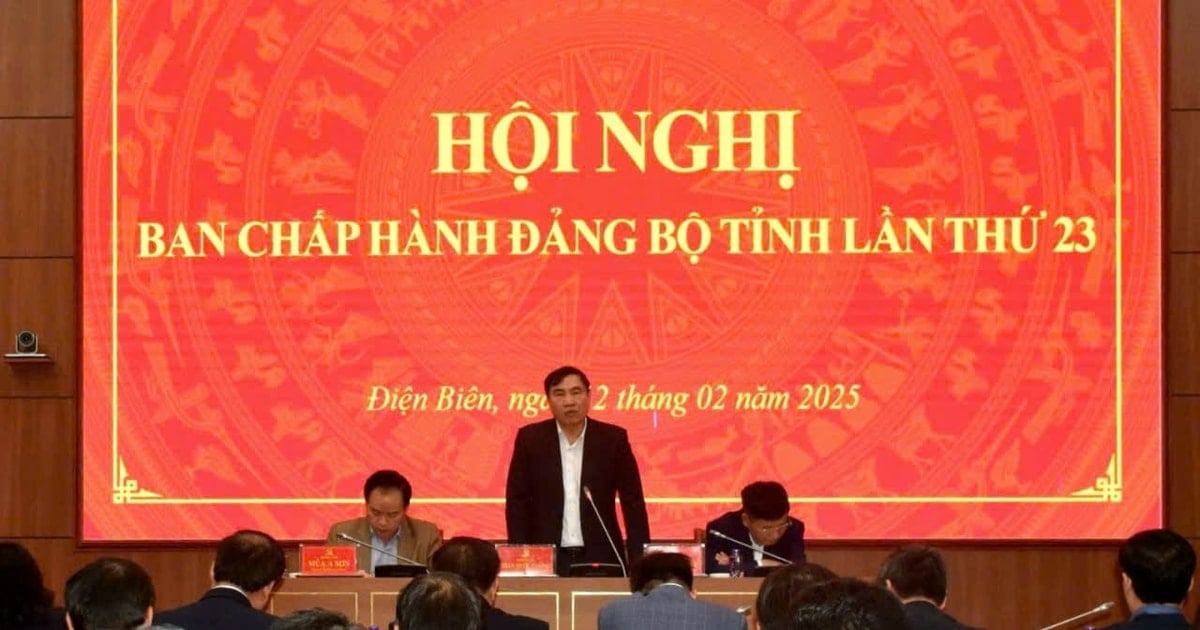
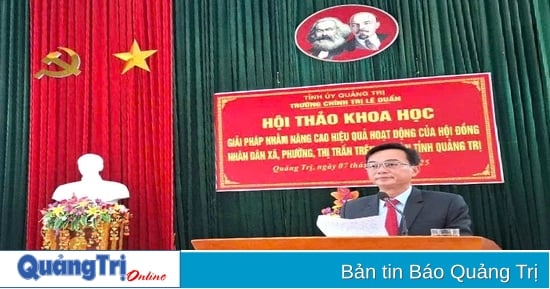
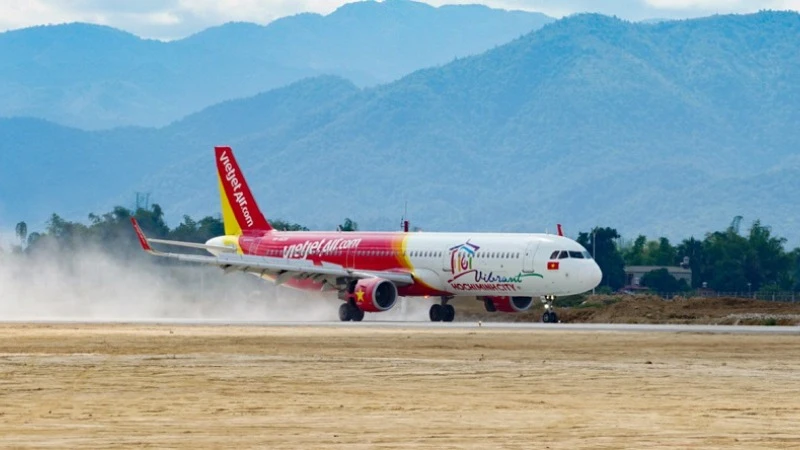

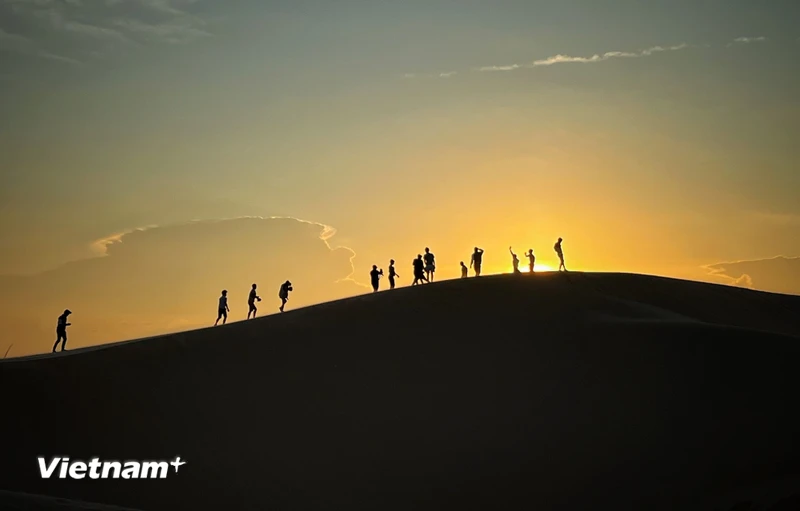






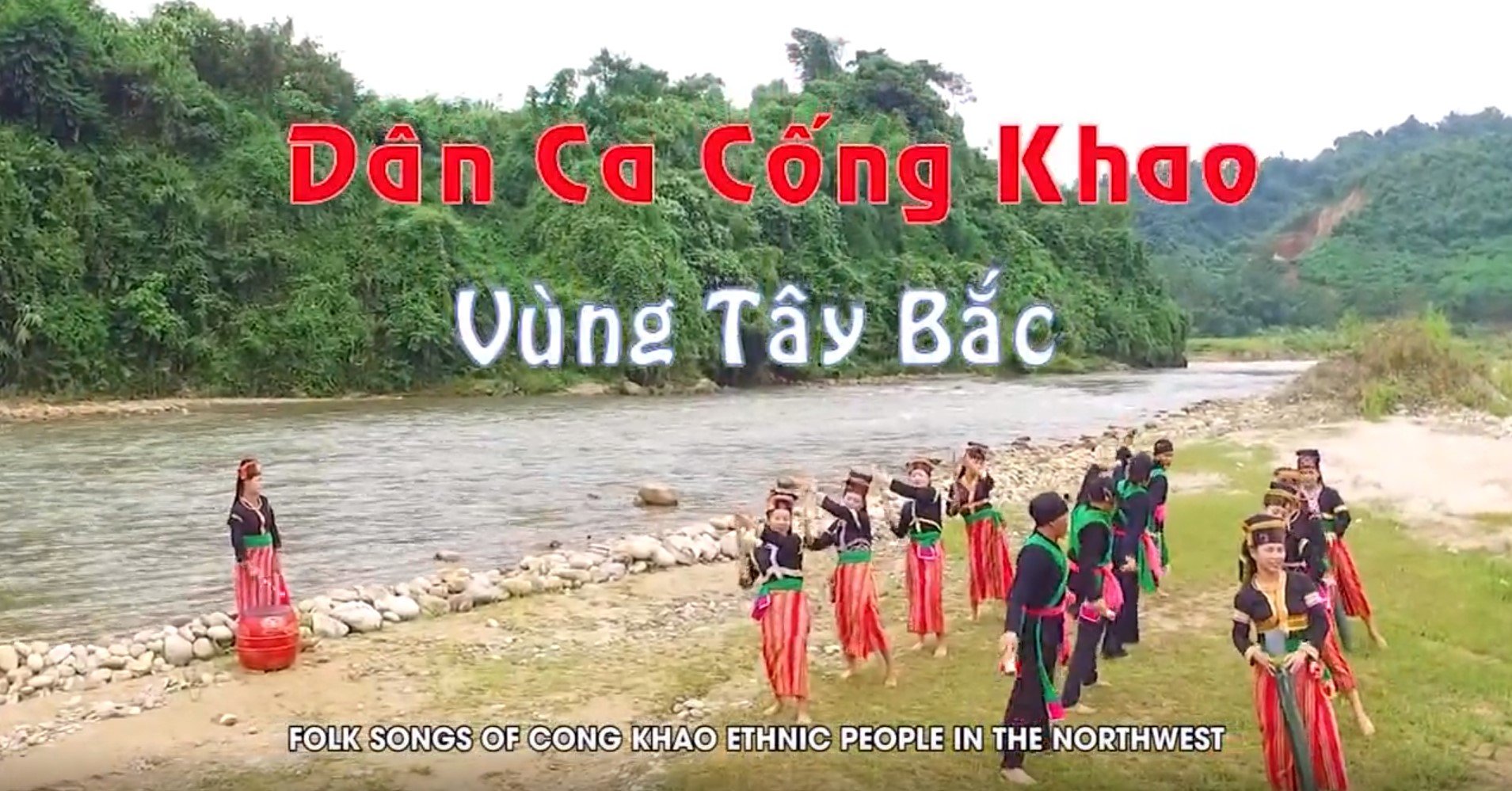
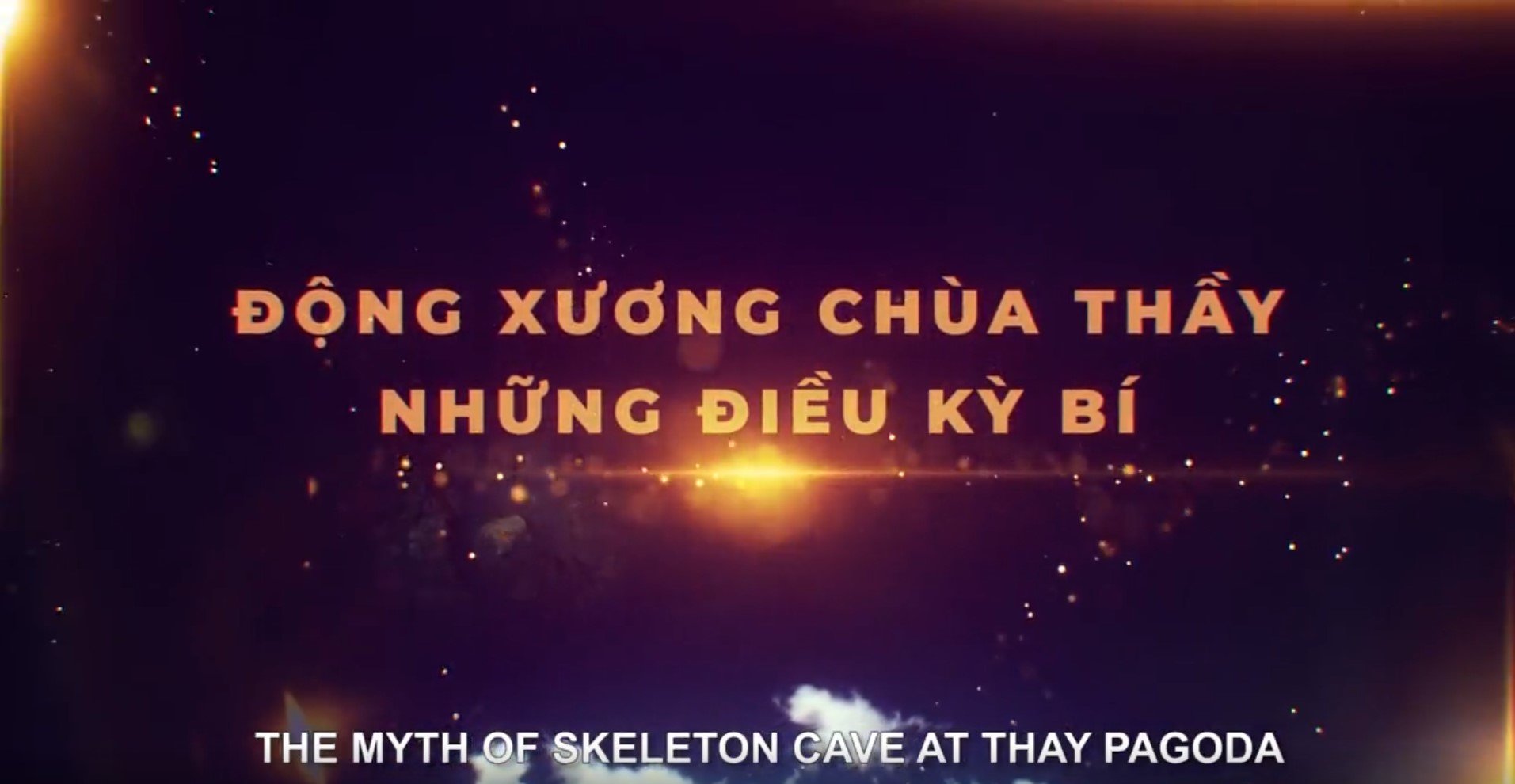




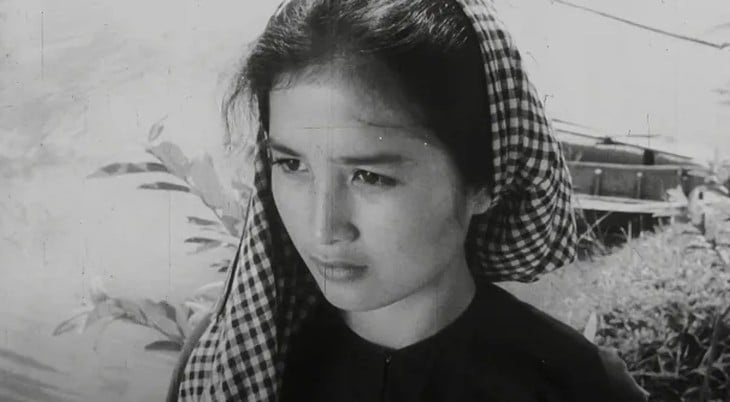

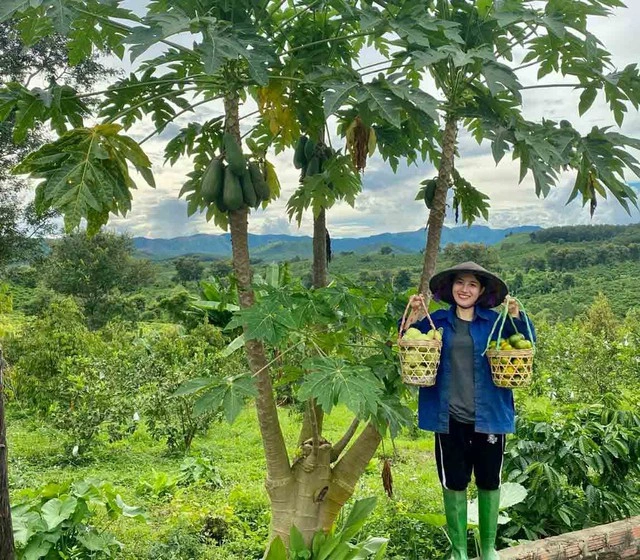



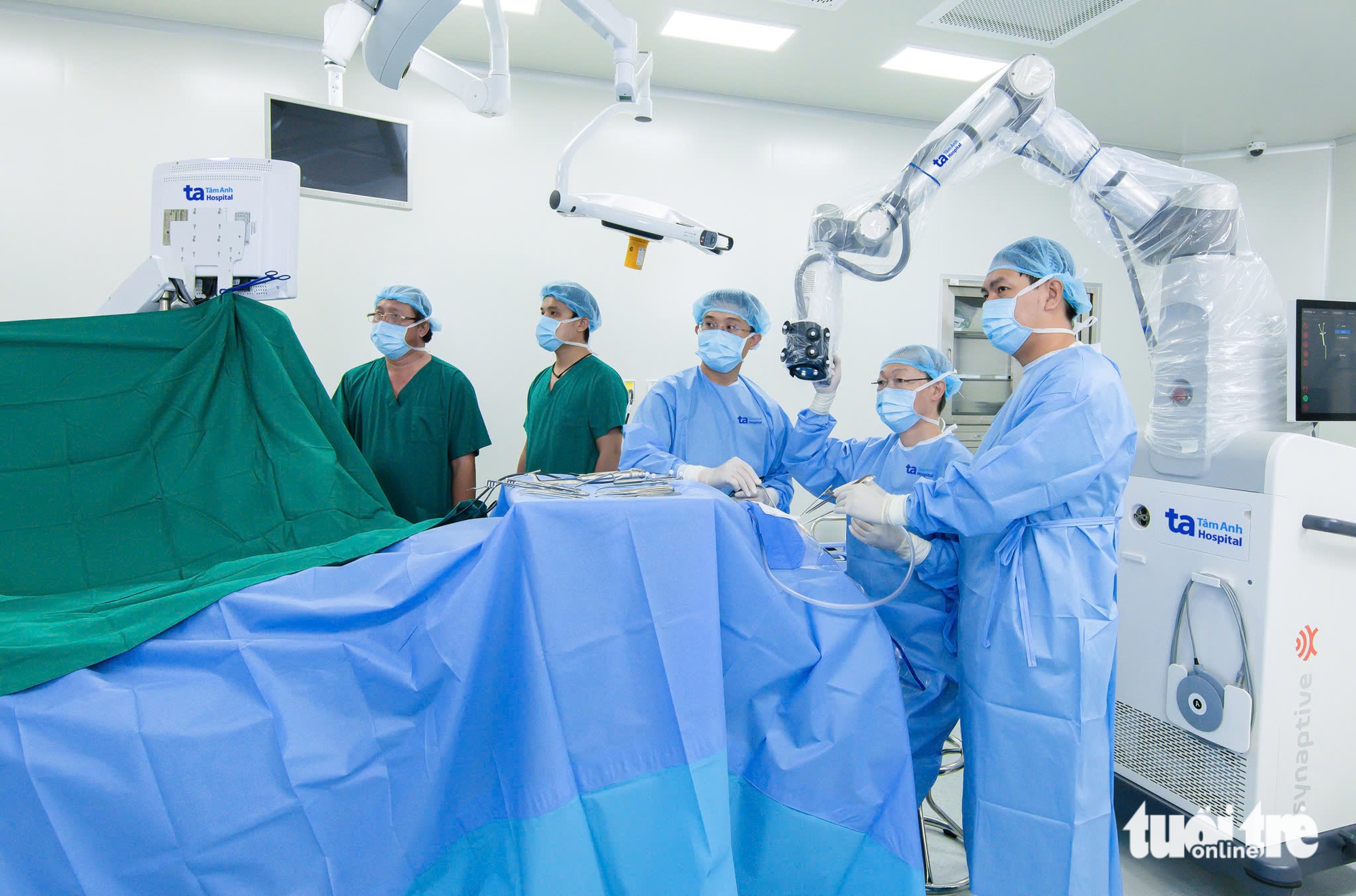

Comment (0)